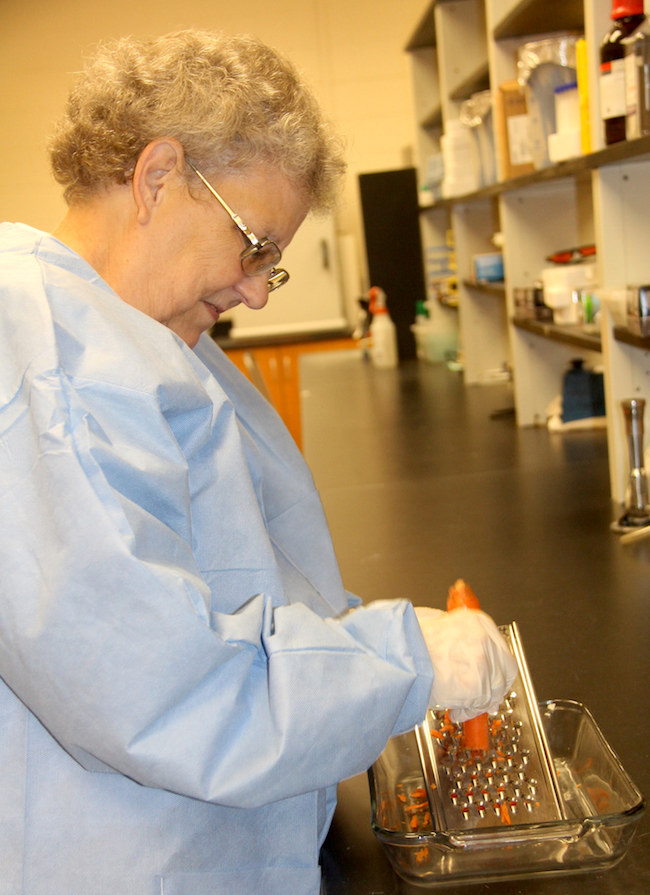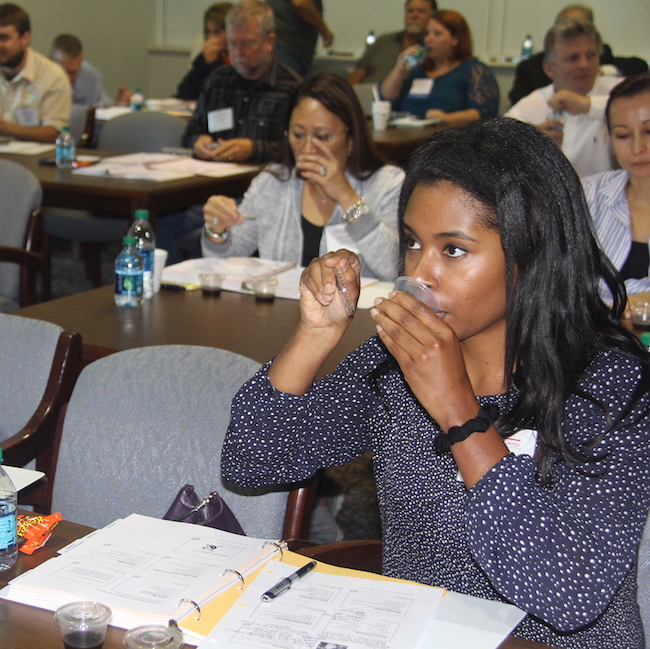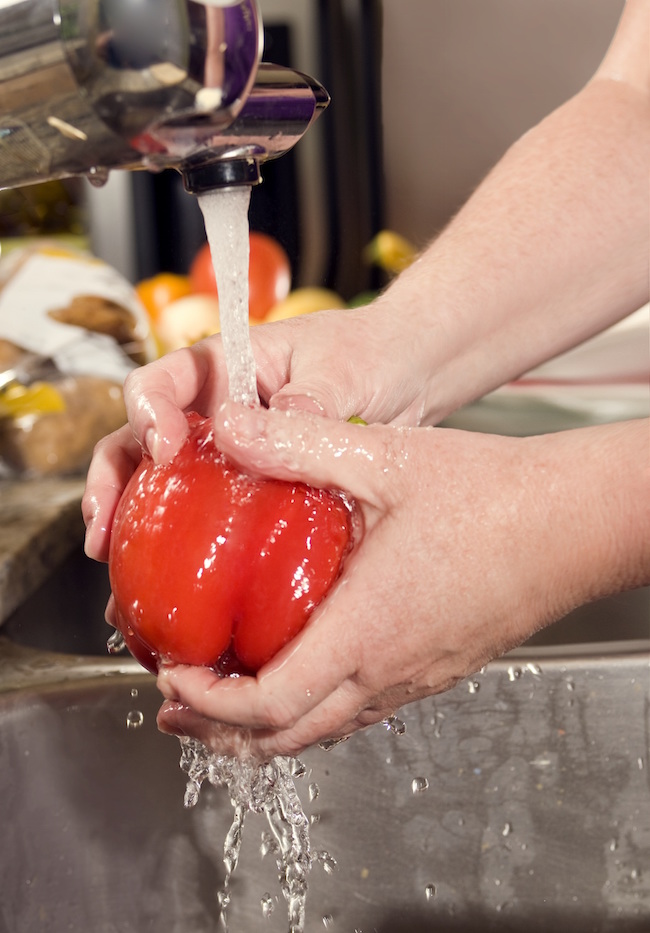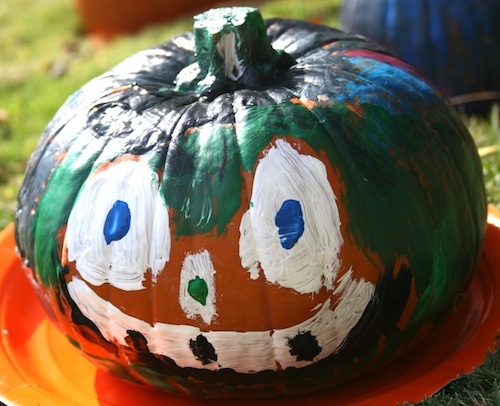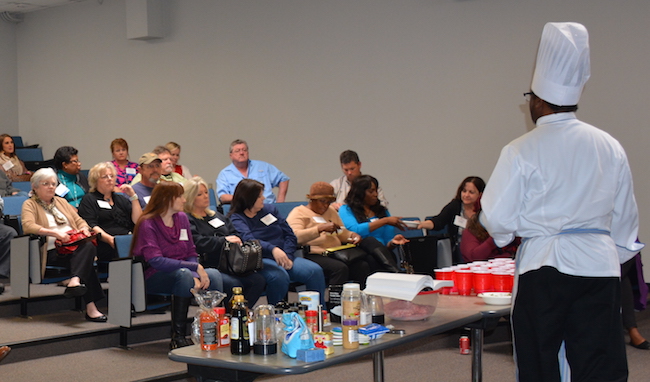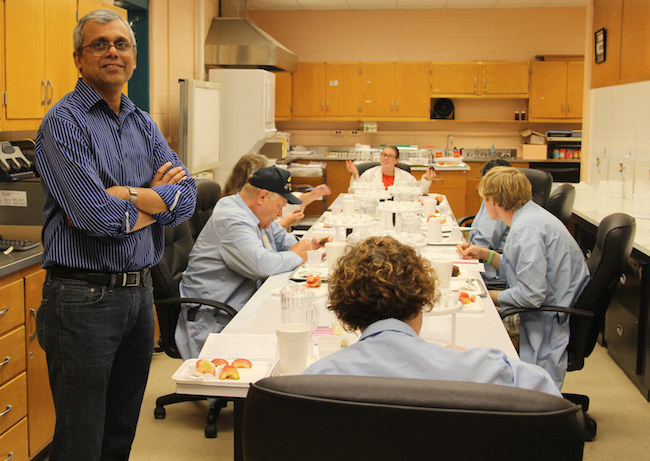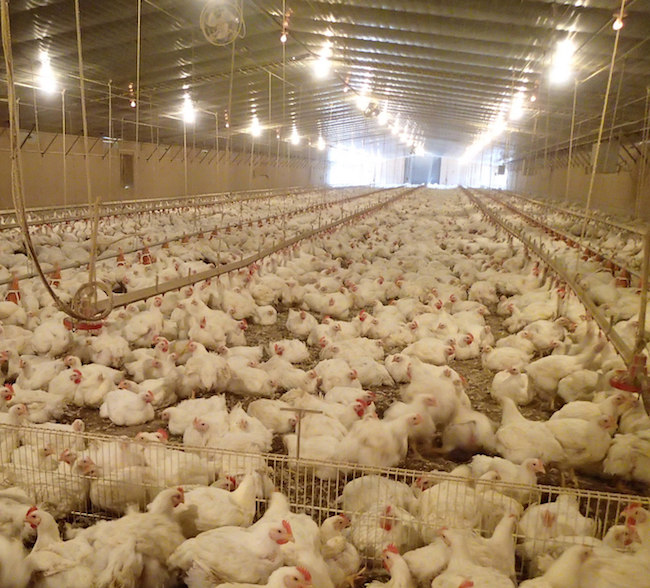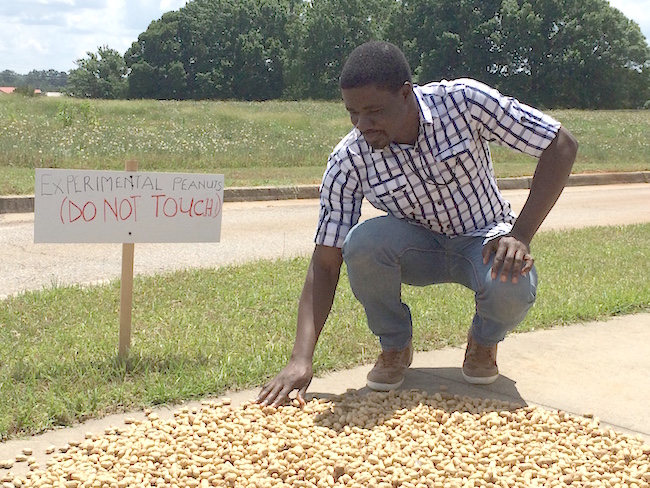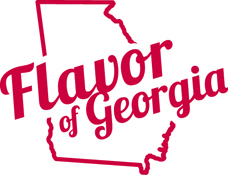 CAES News
CAES News
Flavor of Georgia 2016
Whether it’s a specialty sweet treat, small-batch pork sausage or pimento cheese made from Grandma’s secret recipe, the University of Georgia’s Flavor of Georgia Food Product Contest shines the spotlight on the state’s craft foods. Registration for the 2016 Flavor of Georgia contest, which is conducted each year by the UGA Center for Agribusiness and Economic Development, is now open.

